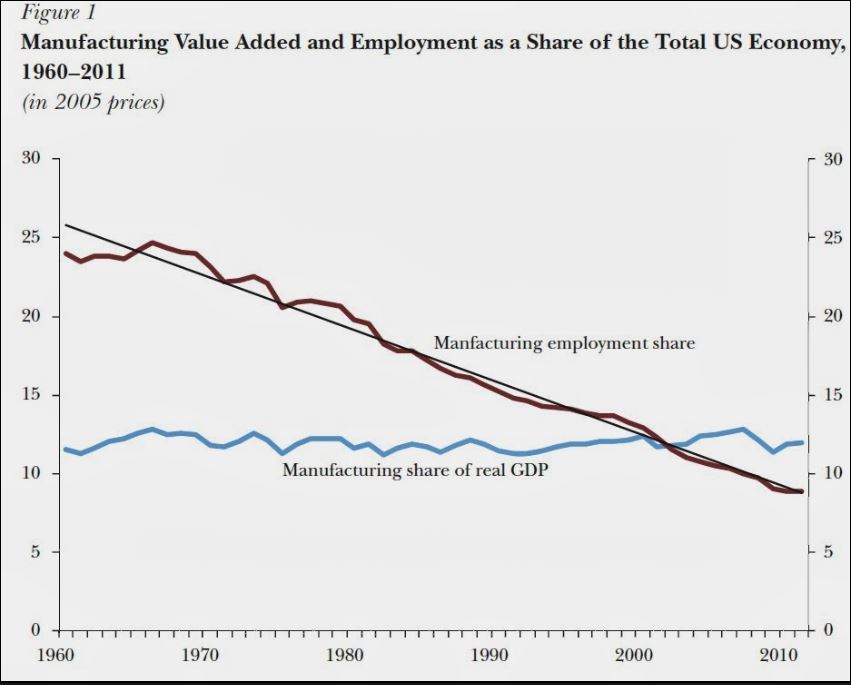"Understandably, economists have been trying to understand better the links between rising inequality and the fragility of economic growth. Recent narratives include how inequality intensified the leverage and financial cycle, sowing the seeds of crisis; or how political-economy factors, especially the influence of the rich, allowed financial excess to balloon ahead of the crisis.But what is the role of policy, and in particular fiscal redistribution to bring about greater equality? Conventional wisdom would seem to suggest that redistribution would in itself be bad for growth but, conceivably, by engendering greater equality, might help growth. Looking at past experience, we find scant evidence that typical efforts to redistribute have on average had an adverse effect on growth. And faster and more durable growth seems to have followed the associated reduction in inequality.
...To put it simply, we find little evidence of a “big tradeoff” between redistribution and growth. Inaction in the face of high inequality thus seems unlikely to be warranted in many cases."

 RSS Feed
RSS Feed
